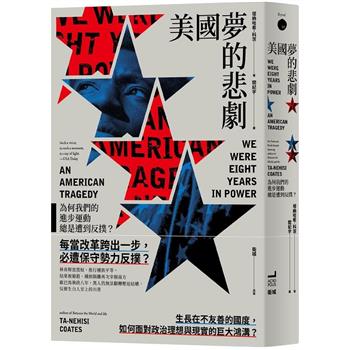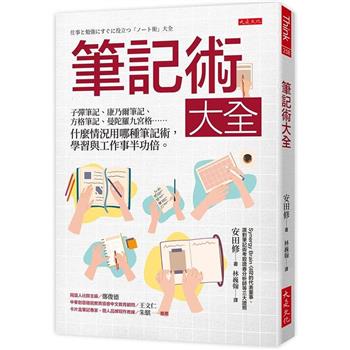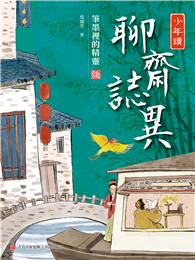A young mother, Sophia, fled Warsaw in 1905 to escape the vicious pogroms in her native Poland. Living in a London slum in squalid, overcrowded conditions, she found that her family could not survive on her husband's meagre wages. Ambitiously, she set about establishing what was to become her own successful business, at a time when to find a woman at the head of any commercial enterprise was unheard of. She had three sons and once they became adults she schemed that they marry young women of her choosing. This led to conflict and unhappiness, which ultimately rebounded on her. When a middle-aged widow, she was persuaded to retire in order to enjoy a life of comfort and ease and all too late realised what an unfortunate choice she had made. Her latter years became increasingly lonely, as she felt herself to have been rejected by her children. Passed, as she described it, 'like some unwanted package' from the homes of each of her children she finally lived in a nursing home, where she later died. Sophia, was a remarkable woman for her time. In this brief biography I wish to convey something of her life and unrelenting struggle as a refugee to escape the impoverished background in which she lived and to record these family events for some future generation. Although no such condition appears in any medical literature, I believe a 'King Lear Syndrome' does exist and is easily recognisable. In its simplest form it unexpectedly strikes an older subject who has relinquished control of personal finance and assets to another, in the belief that the recipient will use these resources in the donors' best interest. Like any malady it affected my grandmother and might afflict any of us in our latter years. There is no preventive immunisation or curative medication. To minimise the risk, we should resolve to treat the elderly with kindness and tolerance so that when we in turn become old and frail, our children might have learned by example the respect due to the aged and will in turn be patient and understanding and conduct themselves accordingly. While never dwelling on the past, we should honour those who are no longer among us, by recording something of their lives, so that a future generation may be more aware of their own inheritance and not just an ancestor's name. Herein, 'warts and all', you may read something of my grandmother's life.
| FindBook |
有 1 項符合
A Touch of Chutzpah的圖書 |
 |
A Touch of Chutzpah 作者:Powell 出版社:Authorhouse 出版日期:2010-03-12 語言:英文 規格:平裝 / 252頁 / 22.9 x 15.2 x 1.5 cm / 普通級 |
| 圖書館借閱 |
| 國家圖書館 | 全國圖書書目資訊網 | 國立公共資訊圖書館 | 電子書服務平台 | MetaCat 跨館整合查詢 |
| 臺北市立圖書館 | 新北市立圖書館 | 基隆市公共圖書館 | 桃園市立圖書館 | 新竹縣公共圖書館 |
| 苗栗縣立圖書館 | 臺中市立圖書館 | 彰化縣公共圖書館 | 南投縣文化局 | 雲林縣公共圖書館 |
| 嘉義縣圖書館 | 臺南市立圖書館 | 高雄市立圖書館 | 屏東縣公共圖書館 | 宜蘭縣公共圖書館 |
| 花蓮縣文化局 | 臺東縣文化處 |
|
|
圖書介紹 - 資料來源:博客來 評分:
圖書名稱:A Touch of Chutzpah
|









